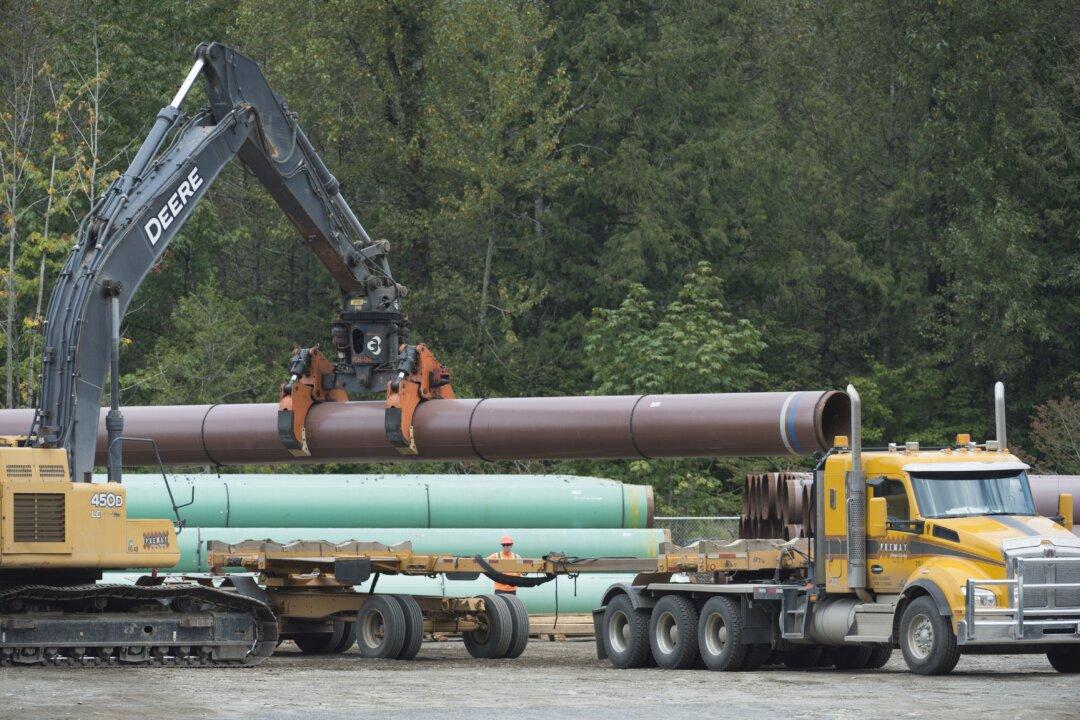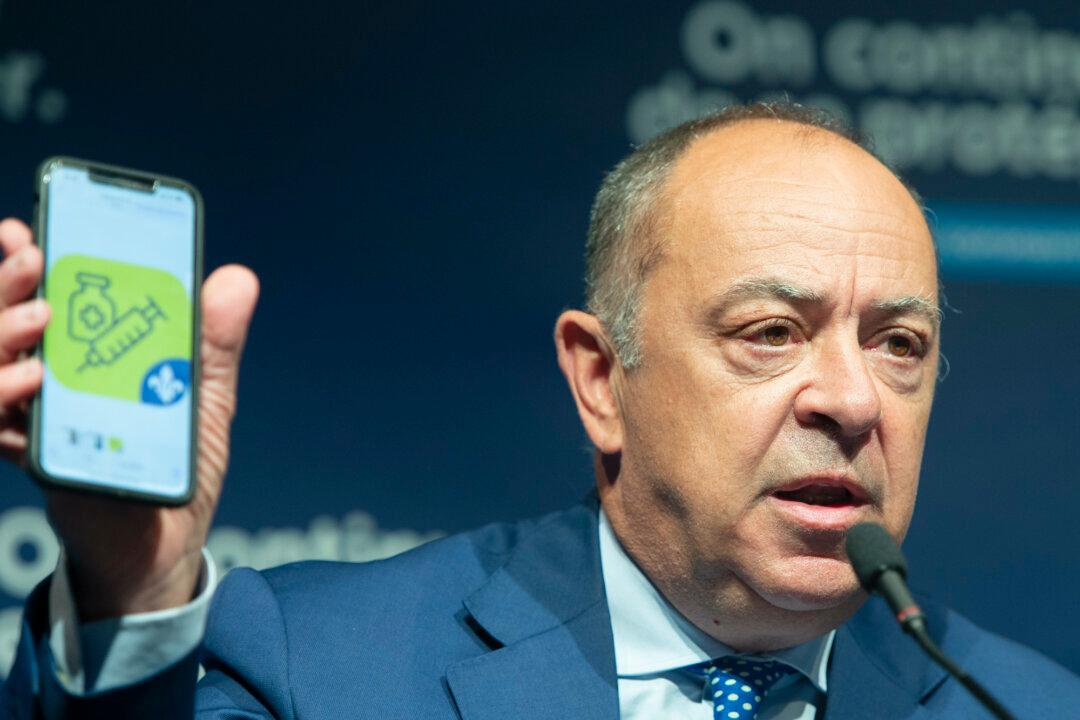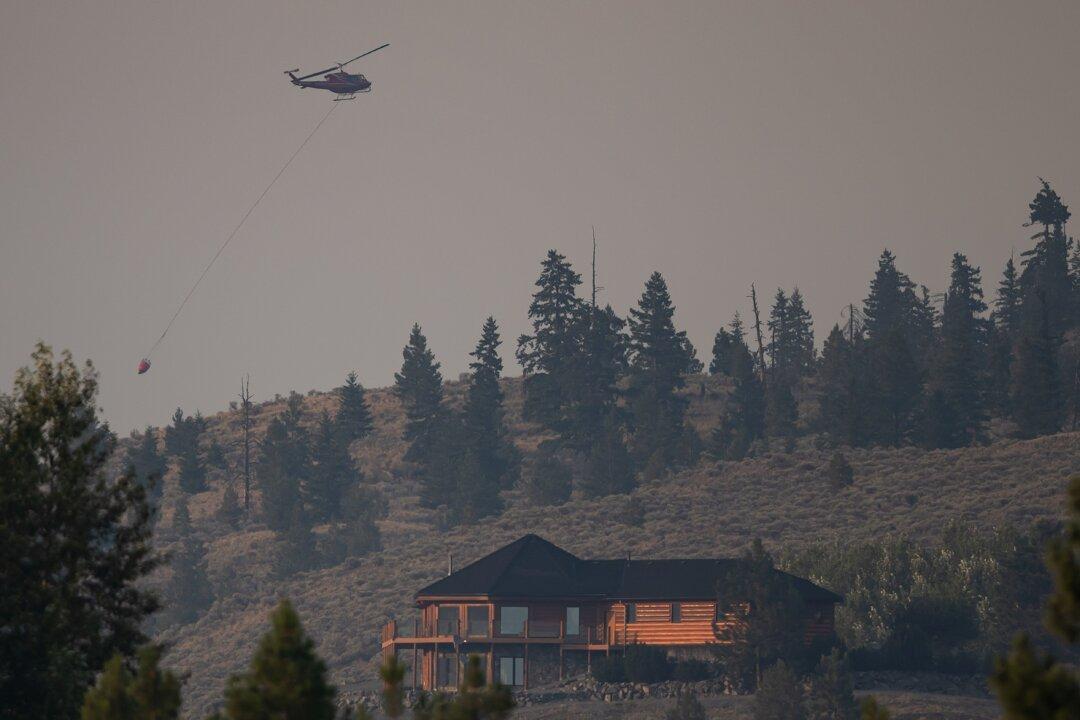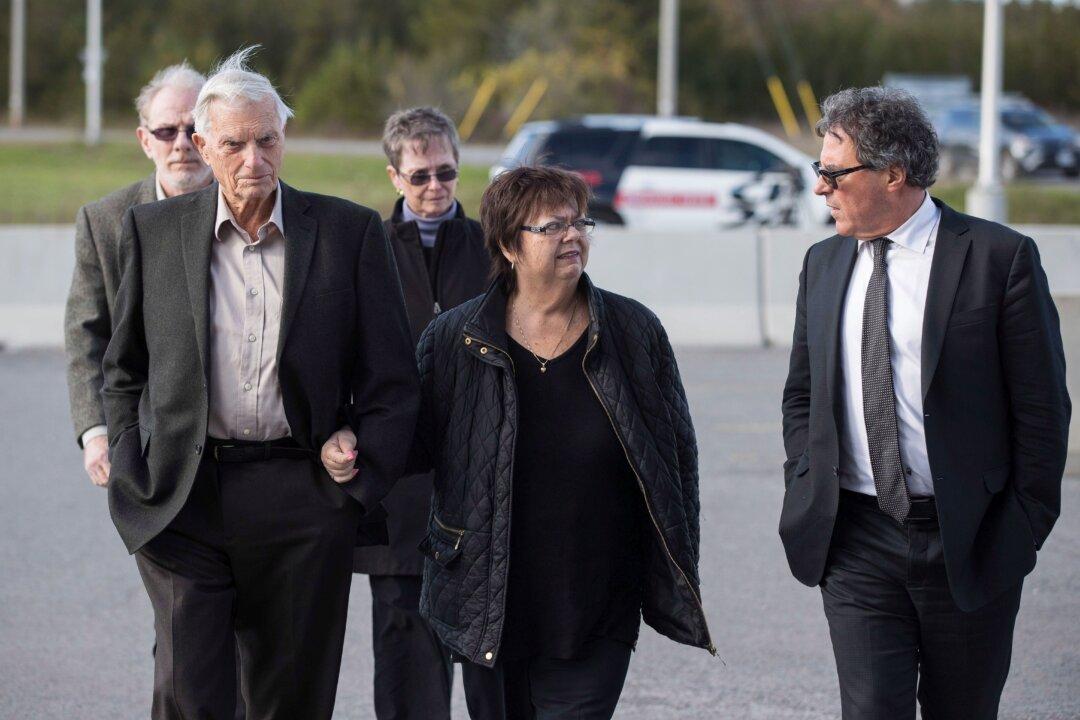The Alberta government may have won its constitutional challenge against the federal carbon tax at the Alberta Court of Appeal this week, but it was a pyrrhic victory for the province’s embattled energy sector after Teck Resources shelved its $20 billion oilsands mine.
Alberta Premier Jason Kenney has laid the blame for Teck’s decision on the ongoing railway blockades and on-track protests in support of five Wet’suwet’en hereditary chiefs who oppose a different energy project: Coastal GasLink’s natural gas pipeline in British Columbia.





